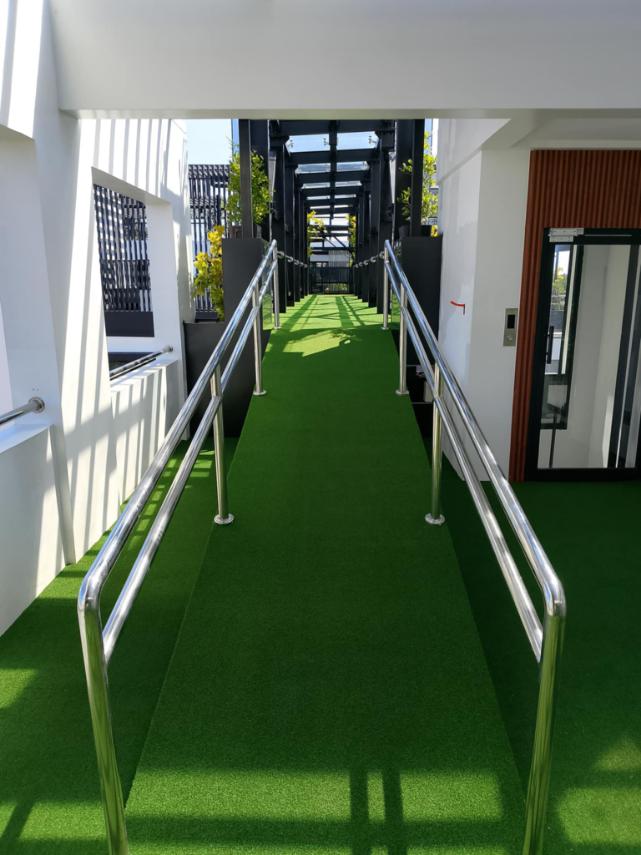
Artificial Grass Solution Provider in Taguig: Safe, Eco-Friendly, and Beautiful Turf Solutions
Creating a green, inviting environment in a bustling city like
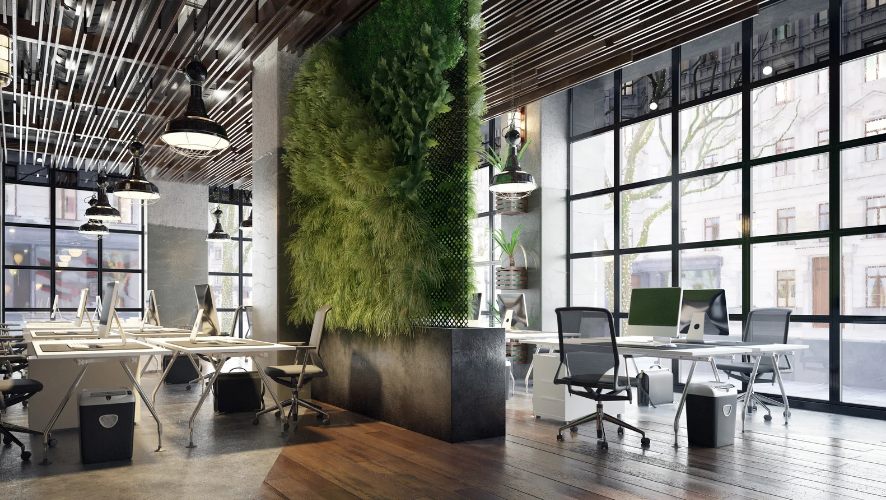
A well-designed commercial space does much more than look good — it acts as a powerful extension of a business’s brand identity, fosters a positive atmosphere for employees, and enhances customer experience. Interior design for businesses has become a strategic tool, influencing everything from productivity to client perception. Whether it’s an office, retail store, or hospitality venue, thoughtful design transforms ordinary spaces into functional and visually appealing environments tailored to each company’s unique goals.
Businesses today recognize the significant role interior design plays in shaping their success. A commercial space isn’t just a backdrop; it’s an interactive part of the brand story.
To create an environment that is both beautiful and purposeful, several elements must be carefully balanced.
Many businesses rely on expert firms to handle the complexity of interior design projects. Here are common services provided:
Finding the ideal partner for a commercial interior design project involves considering several factors:
Hiring professionals brings many advantages:
Interior design for businesses plays a vital role in creating spaces that do more than just serve a function — they communicate brand values, inspire employees, and engage customers. By combining creative vision with practical solutions, commercial interior design transforms environments into strategic assets that support business growth and success. Partnering with a skilled design firm ensures that every element, from space planning to finishing touches, is executed with precision and purpose, making your commercial space a reflection of your brand’s identity and ambitions.

Creating a green, inviting environment in a bustling city like

Maintaining a lush, green lawn in San Juan can be
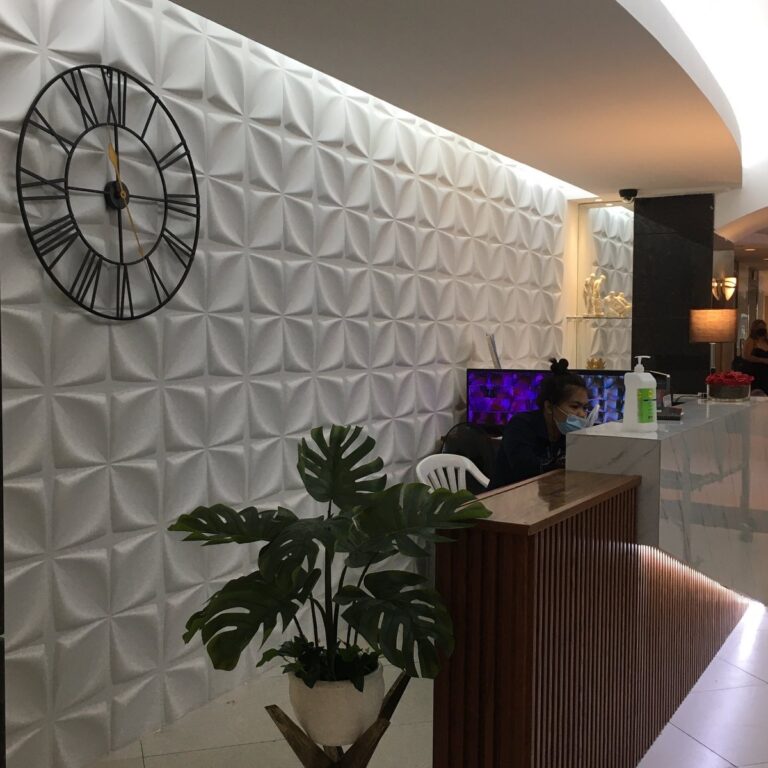
Walls are more than structural elements; they set the tone
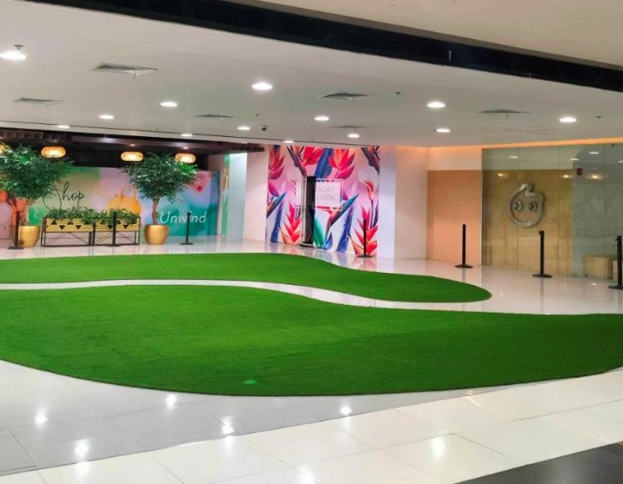
Urban living in Pasay presents unique challenges for landscaping. Limited
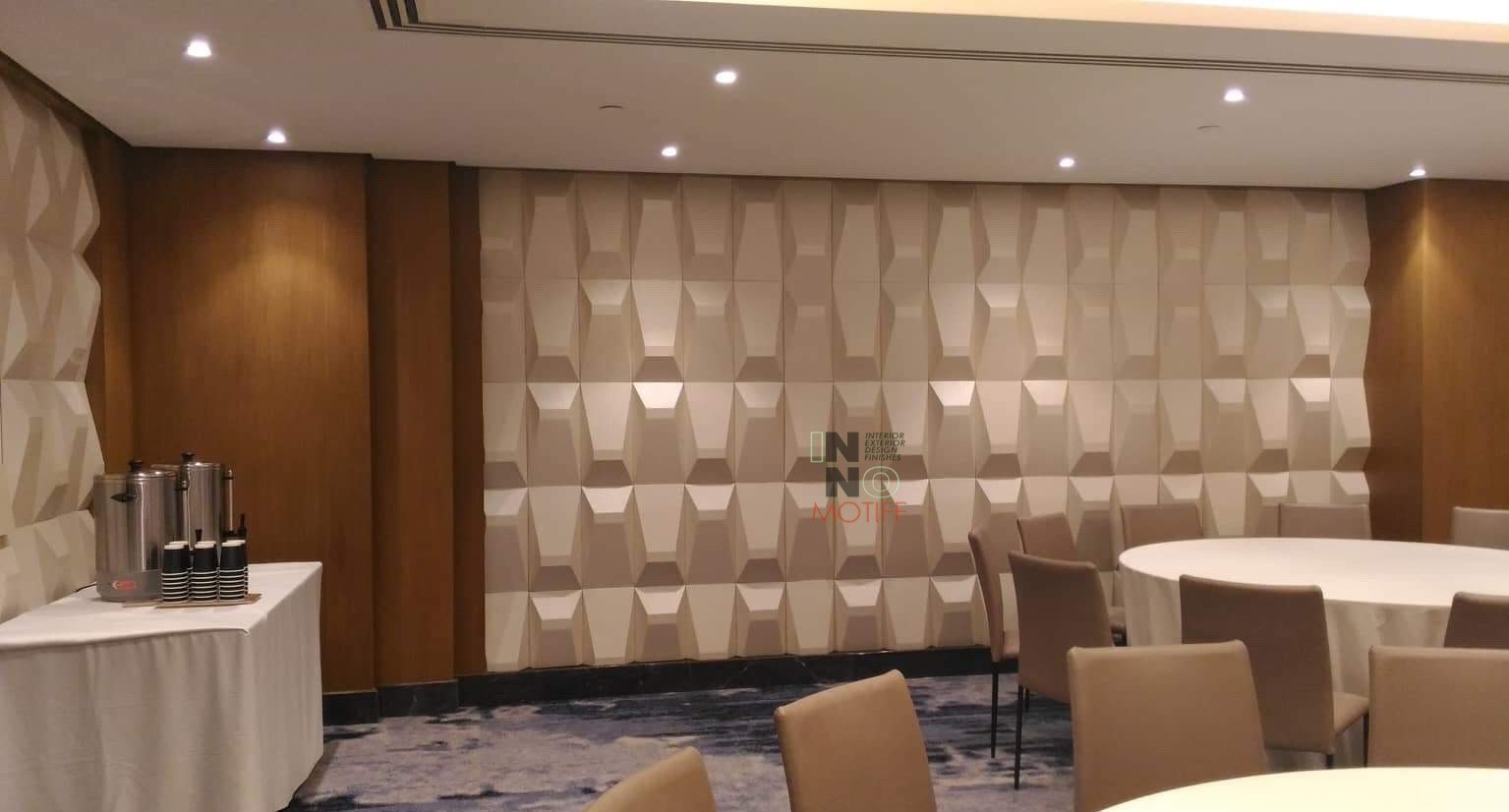
Modern interior design emphasizes creativity, functionality, and a sense of
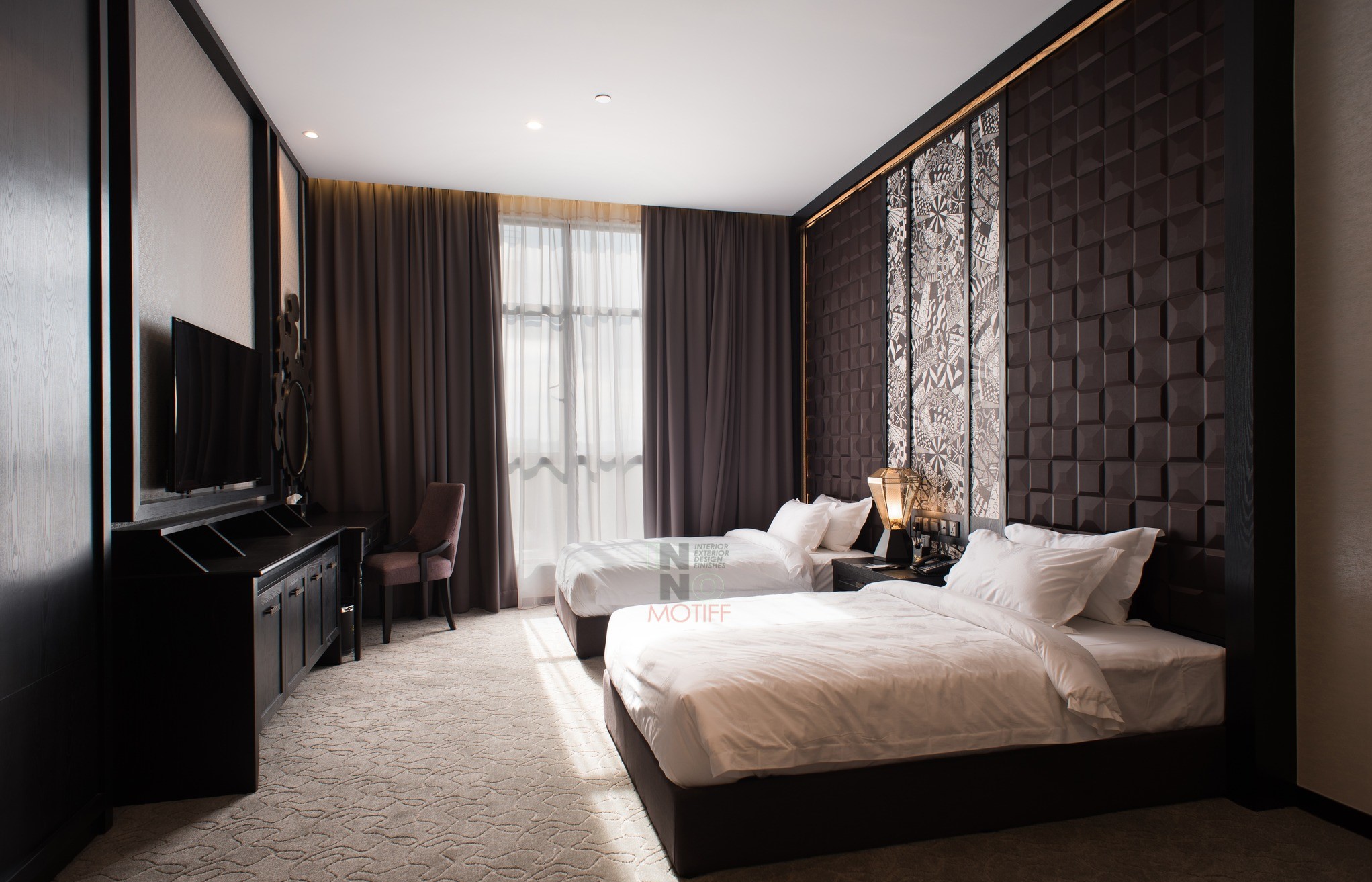
Modern interior design trends in Mandaluyong emphasize creativity, texture, and
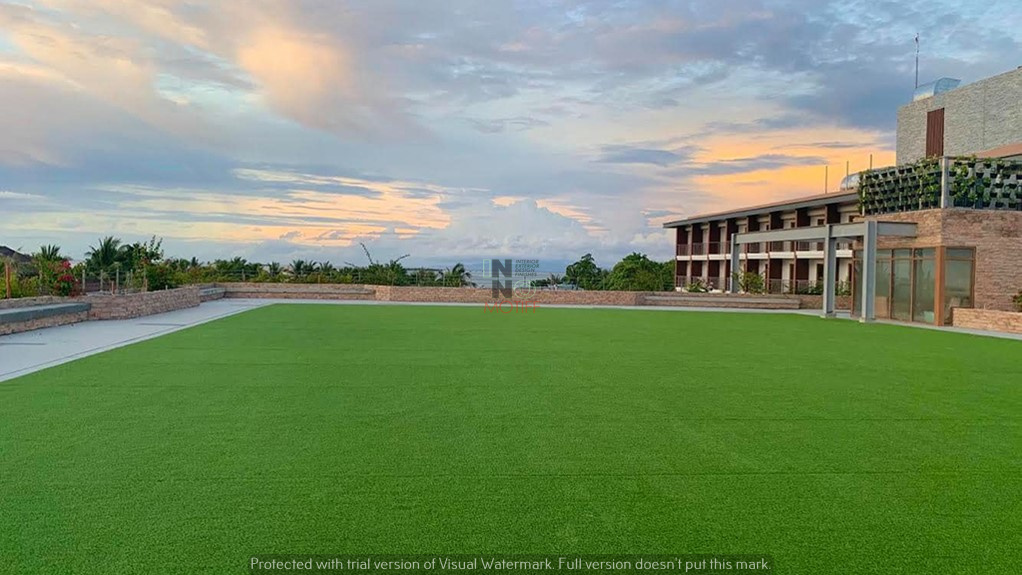
Maintaining a lush and vibrant lawn in Navotas can be
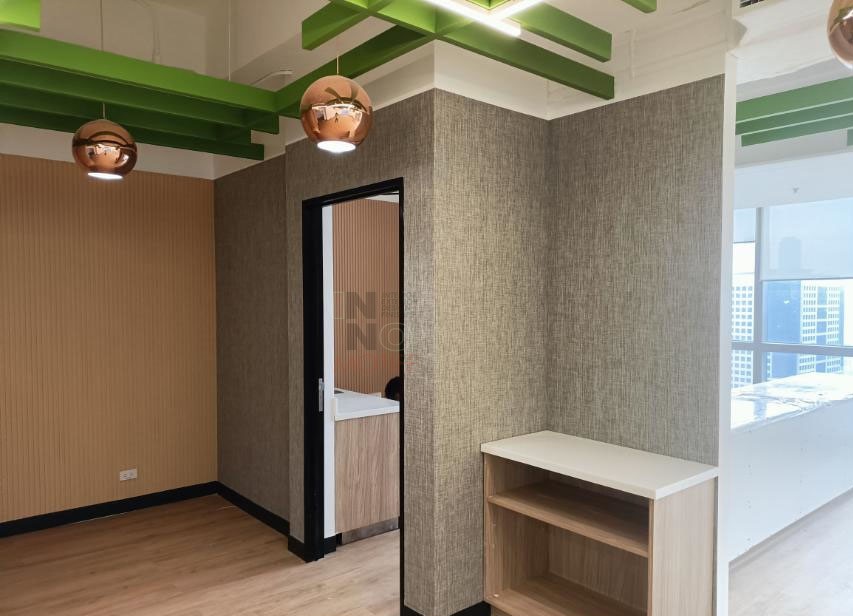
Yarn woven covers are becoming a preferred choice for homeowners,

Finding a reliable artificial plant supplier near me can make
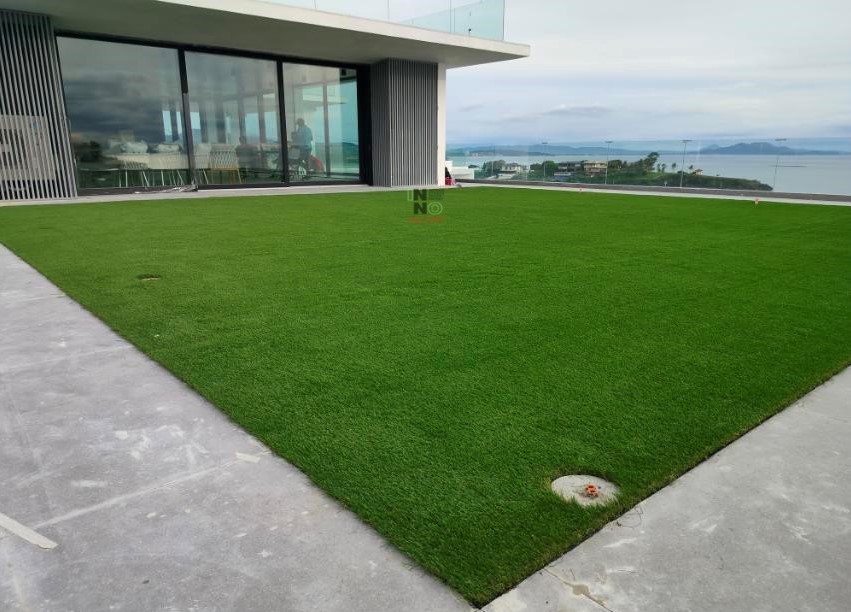
Maintaining a beautiful green lawn in the Philippines can be